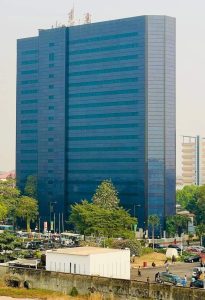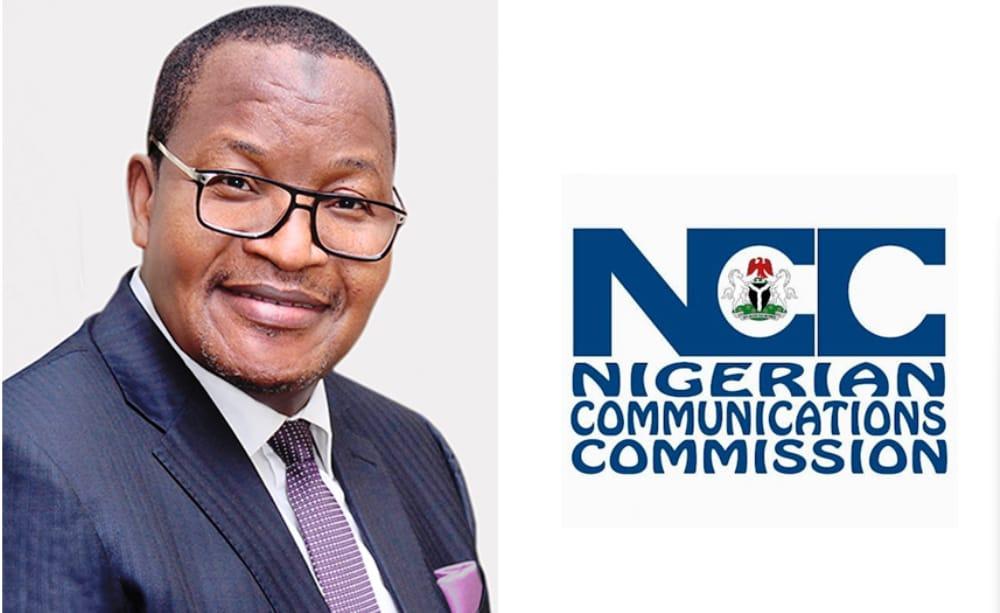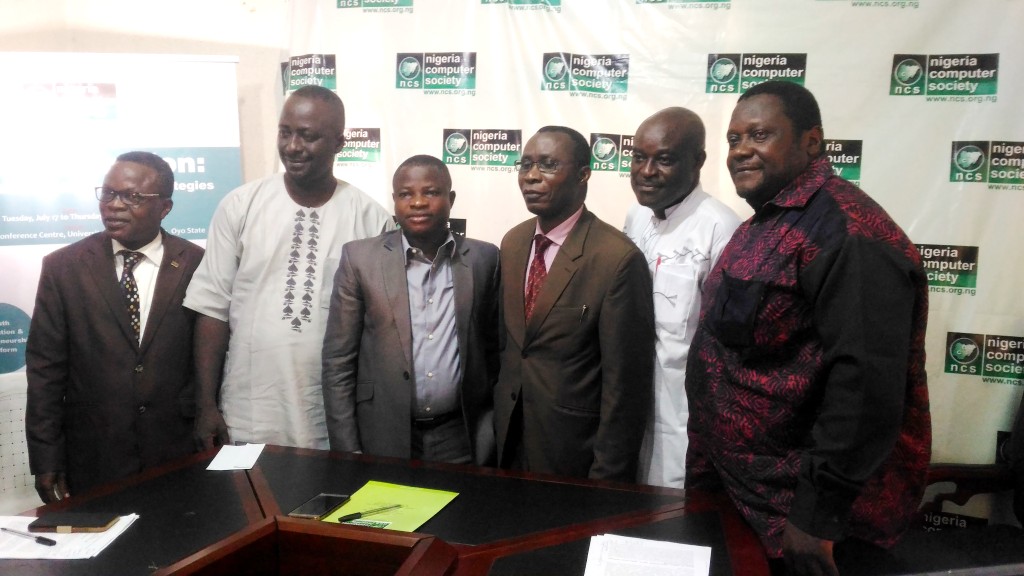Since the Chief Executive Officer of the lead telecoms regulatory agency, the Nigerian Communications Commission (NCC), Prof. Umar Danbatta used the 2023 occasion of the World Consumer Day (WCD) to call on the Main Network Operators (MNOs) to consider switching their power sources to renewable energy, findings have shown that his counsel was in order and in line with world best practice.
Business Hilights recalls that in May last year, the In May 2022, the Association of Licensed Telecoms Operators of Nigeria (ALTON) said the cost of diesel, which is required to power network towers, base stations, and offices, rose from N225 in January 2022 to over N750 in March 2022.
This according to the body translates to well over N30bn monthly.
In a letter it wrote to NCC within the period, the letter read in part, “The telecommunication industry has been heavily financially impacted following Nigeria’s economic recession in 2020 and the effect of the ongoing Ukraine/Russia crisis. This has resulted to an increase in energy costs (which constitute an appreciable 35 per cent of ALTON’s members’ operating expenses).
“Consequently, the cost of diesel required to power operators’ towers, base stations, and offices rose by a staggering 233 per cent from N225 per litre in January 2022 to over N750 per litre in March 2022.”
According to industry data, mobile telecommunication operators use an average of 40 million litres of diesel per month to power telecom sites. Going by the diesel consumption figure and the current price of diesel, the cost of powering telecoms services will be about N30bn monthly and N360bn annually.
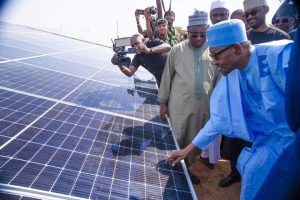
In a research paper by Peter Ozaveshe Oviroh and Tien-Chien Jen titled: ‘The Energy Cost Analysis of Hybrid Systems and Diesel Generators in Powering Selected Base Transceiver Station Locations in Nigeria’, presented to the Department of Mechanical Engineering Science, Faculty of Engineering and the Built Environment, University of Johannesburg, Auckland Park Campus, Johannesburg, Gauteng 2006, South Africa, the document averred that “There are approximately 12,560 mobile sites completely off the grid in Nigeria. An estimated 11,692 sites are linked to the national grid; of those, 9% have 6 hour grid outages per day on average; 10% have 6–12 h grid outages per day; and the remaining 81% have over 12 h grid outages in a day. Of the 180 million Nigerians, 100 million, which represents about 60% of the country’s population, have no access to grid electricity.
“On top of grid outages, a 2017 study by the Nigerian Economic Summit Group and Heinrich Böll Stiftung Nigeria reports that off-grid solar photovoltaic (PV) systems cost an average of USD 20 cents/kWh, while diesel generators cost USD 30 cents/kWh. Gasoline was found to cost over USD 60 cents/kWh. The most competitive among the energy sources include large scale hydropower and natural gas, both of which average USD 0.05 to 0.07/kWh, while wind is around USD 0.09/kWh.
“Conversion to more efficient renewable energy hybrid systems could save US$13–14 billion annually for the telecom industry while simultaneously accounting for capital expenditure (CAPEX).
If adopted, these green technologies have the potential to eliminate approximately 40 million tons in carbon emissions as well as generate US$100–500 million annually in carbon savings.
Accordingly, it is clear that diesel-powered cells cost MNOs more than renewables, however, there are additional costs that must be incurred by MNOs should they venture into renewables because they need more space which translate to more land space to be acquired.
But in all, renewables; like the NCC boss averred, remains the best bet for both the MNOs and the environment after all.
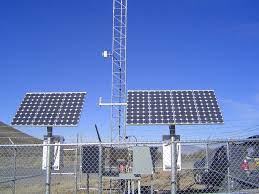
Recall the NCC had called on telecoms service providers to come up with energy-efficient networks to minimize the environmental impacts of climate change caused by carbon emissions, telecom network providers need to come up with a modern and more energy-efficient network.
“This includes the use of Solar-powered Cells, wireless electricity or a hybrid system to replace higher energy-consuming equipment that will lead to a reduction in capital expenditure (CAPEX) and operational expenditure (OPEX) and by implication, a reduction in service costs to consumers.”
At the World Consumer Day 2023, Prof Danbataa stated that the transitioning to renewable energy is predicted to result in a lower cost of operation as operators will be able to save on the cost of diesel, which accounts for a large chunk of the costs incurred by licensees.
“The competition that the Commission consistently promotes among industry players has a natural consequence of the savings on the cost of diesel passed on to consumers, which would potentially result in lower prices for services,” he said.
“Therefore, I want to use this opportunity to call on MNOs and Original Equipment Manufacturers (OEMs) to come up with innovations in sustainable energy in line with the International Telecommunications Union (ITU) Recommendation ITU-T L.1380 on smart energy solutions for telecom sites’ performance, safety, energy efficiency and environmental impact.
“For consumers to benefit from the advantages of renewable energy, the Commission said is working on a policy to encourage the adoption of renewable energy sources by operators. “When operational, the Policy will ensure that using clean energy sources for power has the potential to resolve the three key needs of the telecom industry, namely: reduction in diesel usage; expansion of telecom infrastructure to off-grid areas; and reduction in carbon emissions.”
